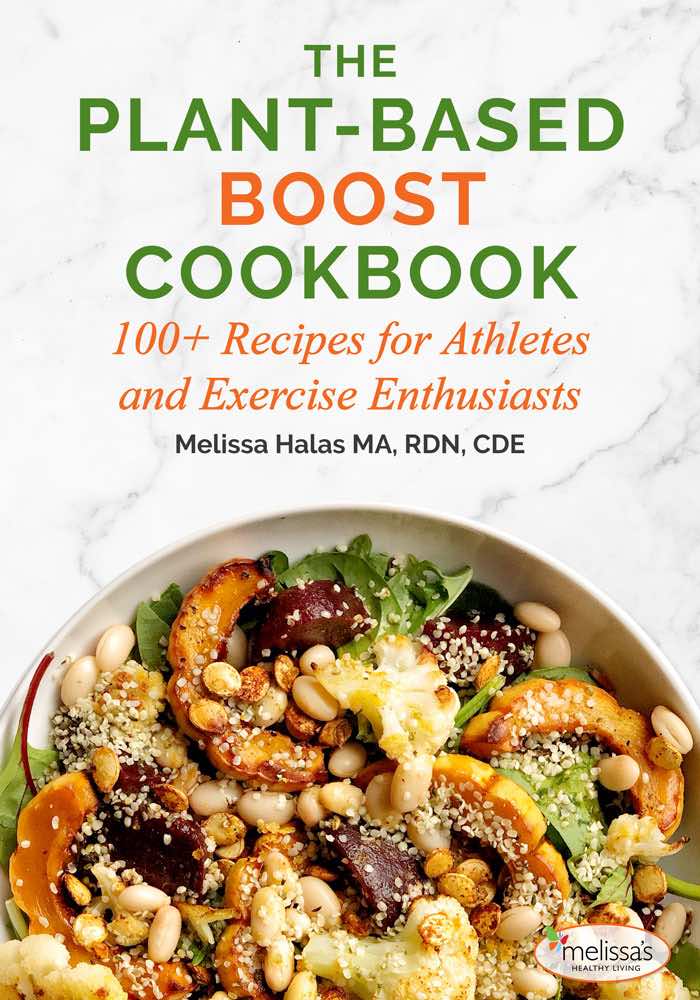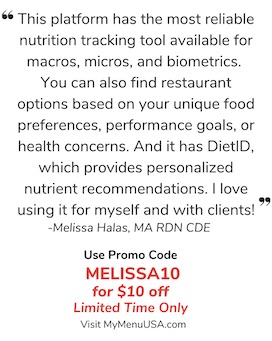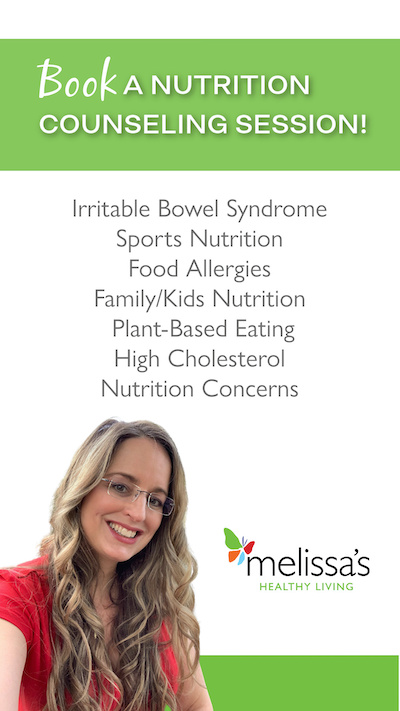
The relationship between exercise and nutrition is one that shouldn’t be overlooked! Keep these factors in mind to identify your nutrition needs.
Each person has different nutrition needs for exercise based on their height, weight, gender, genetics, environmental factors, and the type of activity they do. Tackling nutrition needs for exercise isn’t a one size fits all approach. Depending on the factors above, each person can have a different relationship between exercise and nutrition. However, there are some general things to keep in mind to make sure you’re on track and doing the best you can to fuel correctly and minimize stomach upset. Start by asking yourself these questions.
Nutrition needs based on the type of workout
The intensity of exercise should be one of the first things on your radar. High-intensity exercise (i.e., running, spin class, high-intensity interval training, etc.) typically causes more stomach distress than low-intensity exercises (i.e., walking, leisurely bike ride, yoga, etc.). Sudden quick movements like jumping and sprinting that jolt your stomach (and any undigested food!) are one main reason for this. Another key influence is that blood diverts away from your stomach and to your working muscles and heart when you’re exercising, making it even more difficult for you to process the food you’ve eaten. Exercising hard in very hot conditions (i.e., outdoor runs in the summer, hot yoga) is also likely to cause distress if you haven’t fully digested your pre-workout snack.
Cardio
With cardio exercises, your primary focus should be on your meals earlier in the day so that you maximize your fuel reserves. If you’re working out early in the morning, have a small snack before your exercise, and then have a bigger breakfast afterward.
Strength-Training
When strength-training, your pre-workout snack isn’t as important as your post-workout snack. Although you aren’t burning as much energy during the workout as cardio, it is essential to eat a well-balanced meal or snack post exercise to provide your body with carbs and protein needed for recovery and building muscle. Post-workout shakes are an easy option that can replenish carbohydrates, protein, fluids, and electrolytes. Give your body the building blocks it needs!
Yoga
Unless you are doing Bikram/hot yoga, a pre-workout snack may not be necessary before a yoga session. The sensation of digestion may disrupt your focus and tranquility, especially if you eat something your body isn’t used to. Additionally, yoga does not tax the muscles in a way that burns a lot of calories, so a pre-workout snack may add extra calories to your day. It is better to focus on healthy, balanced meals throughout the day to keep your body ready for downward dog! If doing hot yoga, ensure that you stay well-hydrated before and after your session as a key to reach your nutrition needs for exercise. Remember, water is one of the 6 types of nutrients!
Nutrition needs based on the goals of the workout
Weight loss
Unless you are famished, if your goals are healthy weight loss or management, a pre-workout snack may not be the best choice, especially if your workout is <30 minutes long. As mentioned above, your muscles and liver have enough carbohydrate to keep your energy up through your exercise, and the extra snack may hamper your goals. Healthy, balanced meals throughout the day will provide you with enough fuel for your workouts.
Muscle building/Training/Performance
If you are actively training hard for an upcoming event, like a marathon or race, or trying to improve performance greatly, your snack should have enough carbohydrate to give your working muscles enough fuel to get you through your planned workout. This is a type of exercise that the relationship between exercise and nutrition is very strong. Eating nutrient-dense meals throughout the day is also important. Your body needs the energy for your exercise and proper recovery. Additionally, for almost all athletic events, getting enough quality protein is essential to repair your muscles. Aim for a protein source at each meal and in your post-workout snack. My cookbook has over 100 plant-based recipes that will help you reach your needs.
Remember, everyone is different! One person may have a favorite pre-workout snack, but the other person may not be able to tolerate it at all. Nutrition needs for exercise vary! Use your hunger as a guide. A little bit of planning can help you make the optimal meal and snack choices no matter what your goals are. You will keep your body healthy and ready to attack your next workout.
Check out my sports nutrition book, The Plant-Based Boost, Nutrition Solutions for Athletes and Exercise Enthusiasts, for more specific nutrition recommendations for your activity, with actionable tips you can use every day.




